Students in a UK college have developed a containerised anaerobic digestion (AD) plant which they hope can contribute to decarbonising farms.
The two shipping containers transformed into a prototype plant have been named Neli and Gobaith (Hope) by students at the college and will be painted black and white to resemble dairy cows.
It is one of three low-carbon initiatives jointly funded by a £500,000 grant from the Welsh Government.
Scaleable AD solution
Project manager George Fisher says interest and feedback from across the agricultural arena is growing. “The relevance and importance of this scheme has resonated with farmers in North Wales and beyond, partly because this is a scaleable AD solution,” said George.
“Micro-AD technology will convert greenhouse gas emissions into energy which will have multiple uses on site, from heating water to refrigeration and powering equipment to clean the dairy,” he said.
Small- to medium-scale
The idea of a small- to medium-scale AD unit appealed to the team as it can be replicated on many farms across Wales, compared to other larger scale AD plants that can be expensive to set up and therefore only available to a few farmers.
The system is specifically designed to support farms with between 100 and 500 cows
“The micro-AD Farm system has been designed from a new perspective, directly supporting the drive to net zero and with the farmer’s needs firmly at the forefront of our approach to developing this innovative waste to energy technology,” said George.
The system is specifically designed to support farms with between 100 and 500 cows, providing access to the technology and capturing greenhouse gas emissions, creating energy for use on farm.
“Using the biogas to generate energy offsets the reliance on grid power and reduces costs, which is particularly relevant in these current, turbulent market conditions,” George concluded.



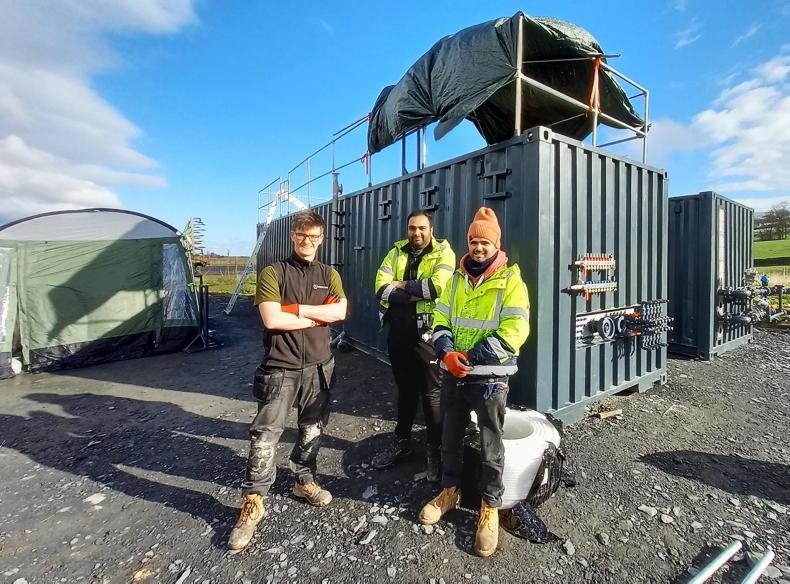

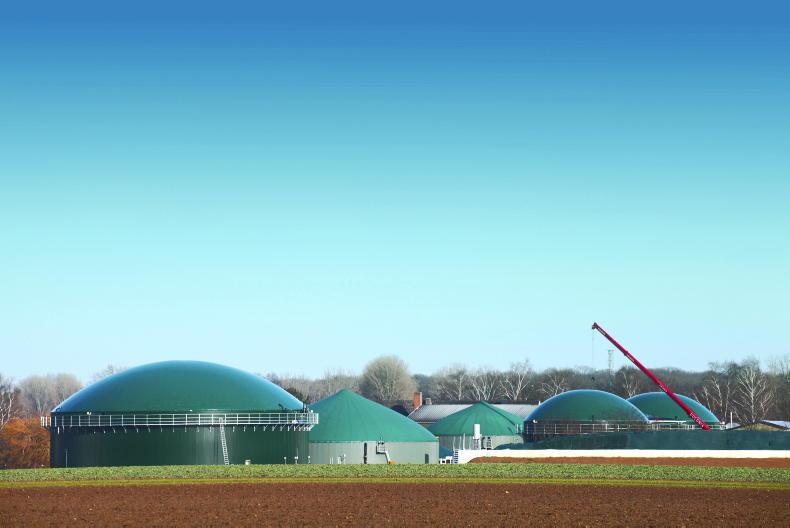

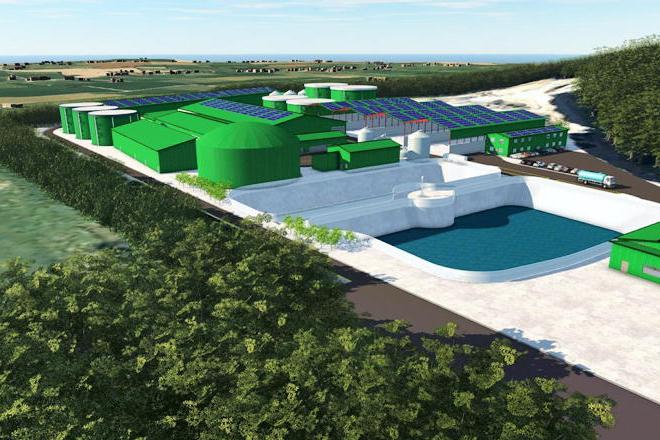
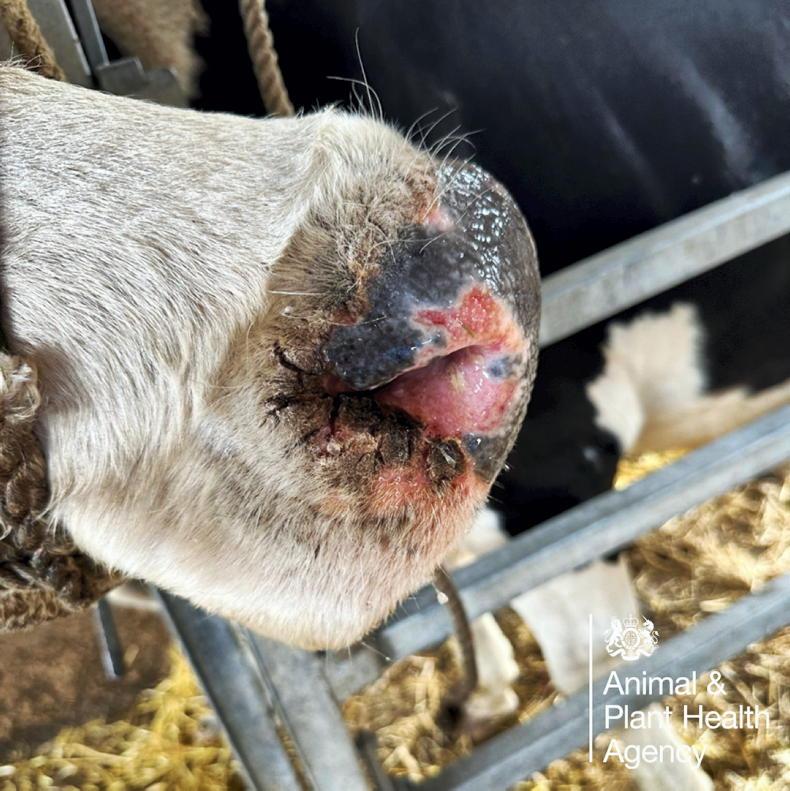
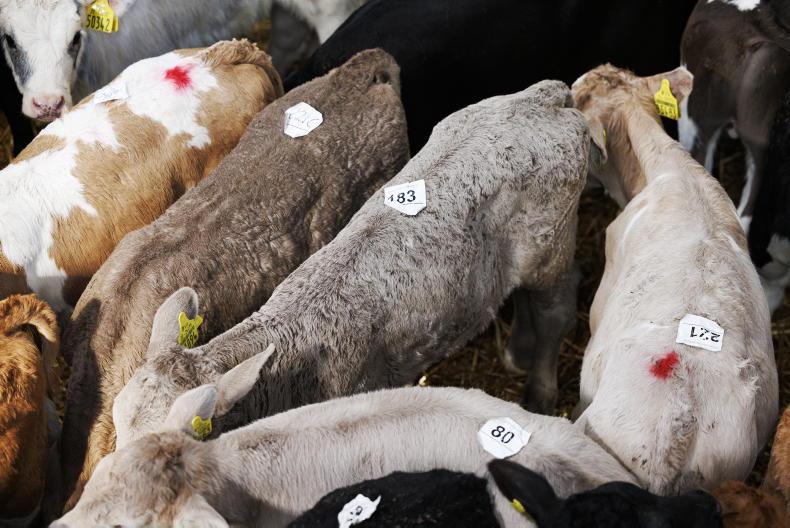
SHARING OPTIONS